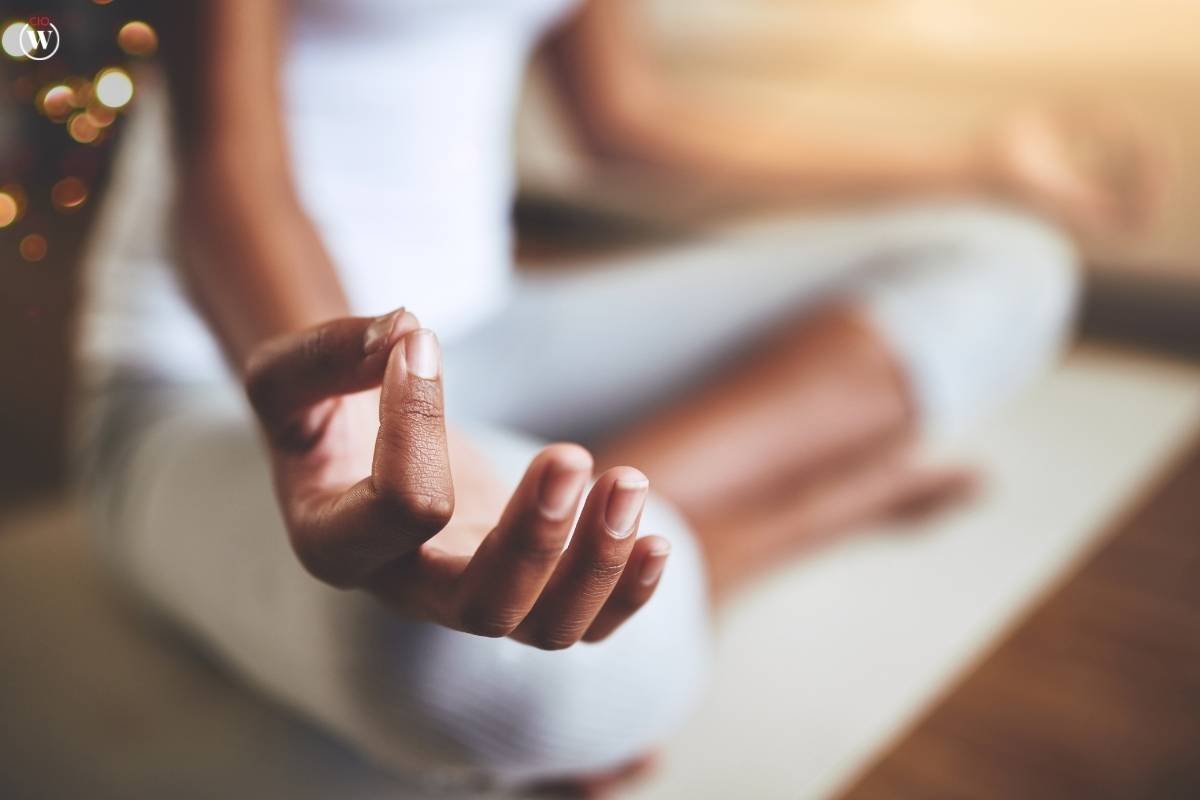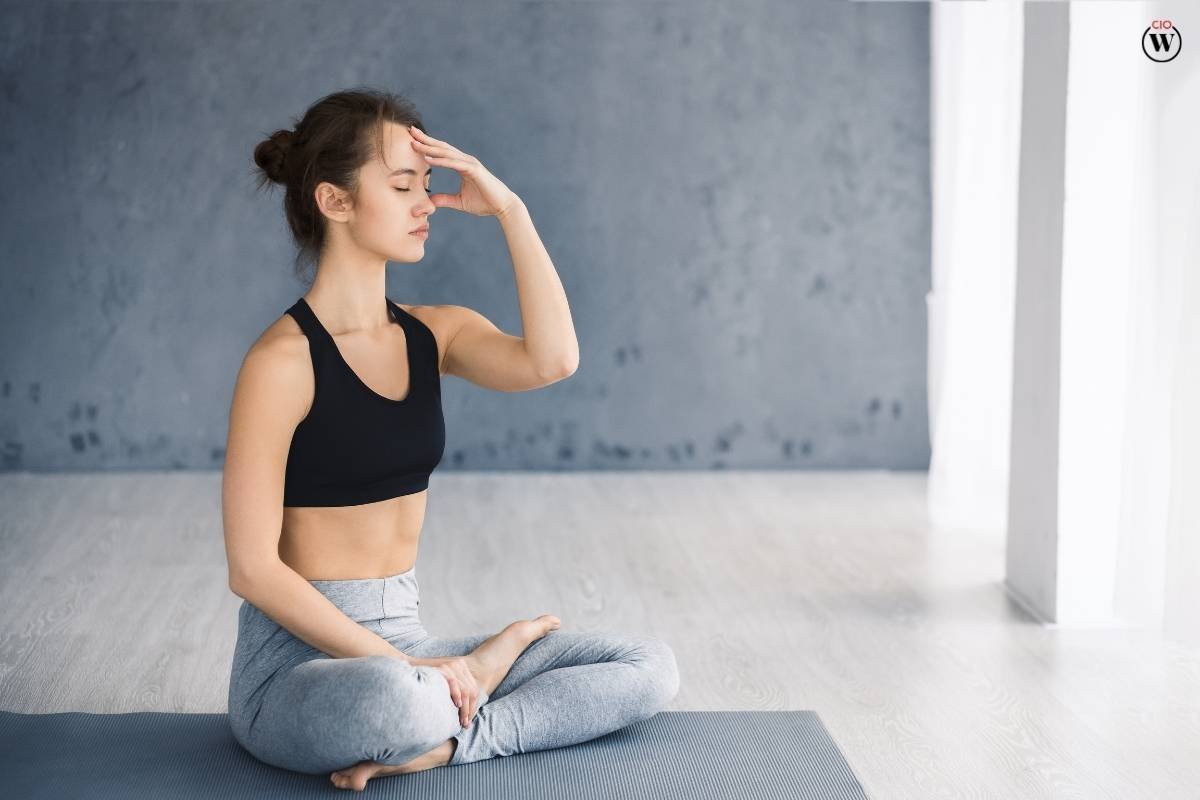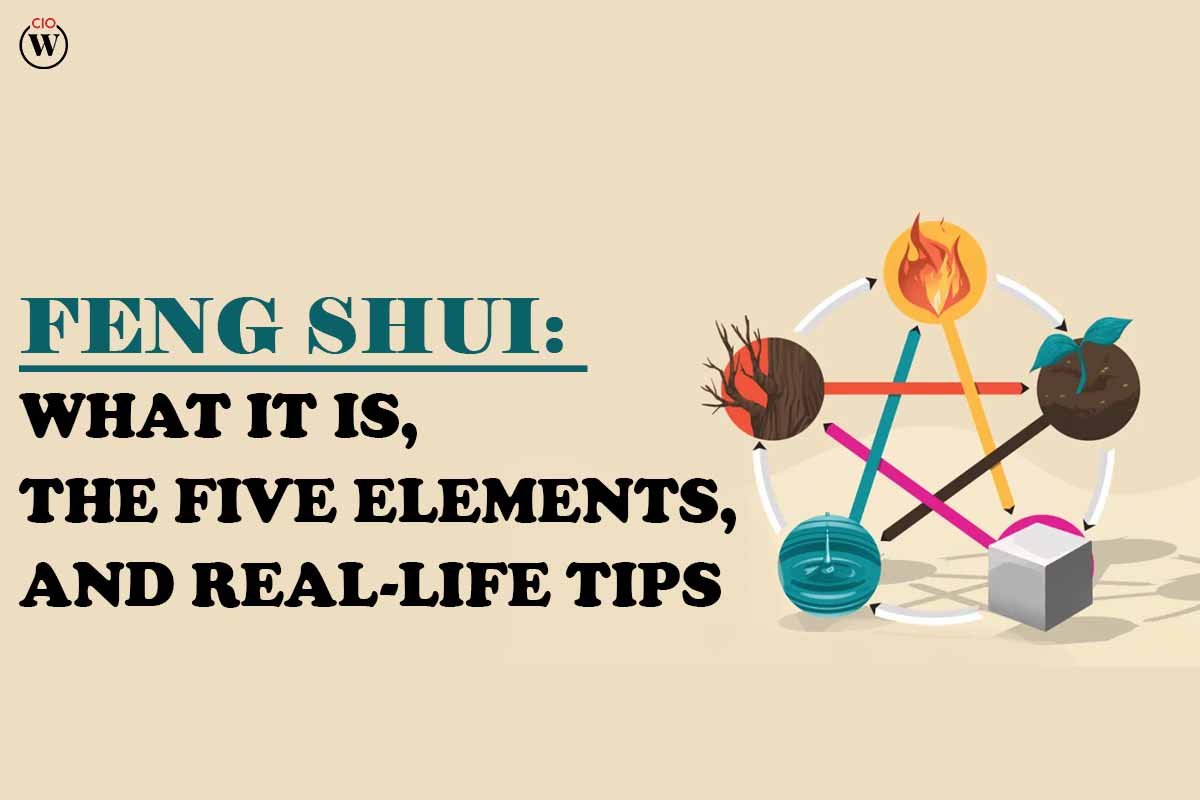Today, anxiety has become an ever-present companion for many. The demands of modern life, the constant barrage of information, and the pressures of daily responsibilities can leave us feeling overwhelmed and anxious. While conventional treatments like therapy and medication are effective for some, others seek alternative medicine for anxiety to find relief and balance in their lives. In this article, we’ll delve into the world of alternative medicine and explore the natural remedies and practices that can help you find peace, tranquility, and emotional well-being.
Understanding Anxiety: A Common Modern Affliction
Anxiety is a natural stress response, often referred to as the “fight or flight” reaction. It can be helpful in certain situations, but when it becomes chronic or excessive, it can severely affect one’s quality of life. Common symptoms of anxiety include racing thoughts, restlessness, excessive worry, and physical symptoms such as a racing heart and tense muscles.
Conventional treatments for anxiety usually involve therapy, such as cognitive-behavioral therapy (CBT), and medication, including anti-anxiety drugs and antidepressants. While these methods are effective for many, others prefer alternative approaches that don’t involve pharmaceuticals or traditional talk therapy.
Alternative Medicine: A Holistic Approach to Anxiety
Alternative medicine for anxiety encompasses a wide range of holistic practices and natural remedies. These approaches focus on the mind-body connection and aim to restore balance and harmony within.
Let’s explore some of the most popular Alternative medicine for anxiety:
1. Mindfulness and Meditation: Finding Peace Within

Mindfulness and meditation are ancient practices that have gained popularity in recent years for their effectiveness in reducing anxiety. These practices involve focusing your attention on the present moment, acknowledging your thoughts and feelings without judgment, and learning to let go of racing anxious thoughts.
Research has shown that regular mindfulness meditation can reduce symptoms of anxiety and depression. By cultivating self-awareness and the ability to stay present, individuals can gain a sense of control over their anxious thoughts and feelings. It’s a practice that requires patience and dedication, but the results can be transformative.
Also read: Meditation Retreats: A Transformative Experience
2. Yoga: The Art of Physical and Mental Balance
Yoga is a centuries-old practice that combines physical postures, breath control, and meditation. This holistic approach to well-being can help reduce anxiety by promoting relaxation and flexibility. The physical aspect of yoga can help release tension held in the body, while the mental component fosters mindfulness and emotional regulation.
Practicing yoga regularly can help individuals build physical and mental strength, leading to a greater sense of calm and balance in their lives. It’s a versatile practice that can be tailored to different levels, making it accessible to beginners and experienced yogis alike.
3. Acupuncture: Balancing Energy Flow
Acupuncture is an ancient Chinese healing practice that involves inserting thin needles into specific points on the body. It is based on the belief that a vital energy called “qi” flows through the body along pathways called meridians. When these pathways are blocked or imbalanced, it can lead to physical and emotional disturbances, including anxiety.
Acupuncture aims to restore the flow of qi and rebalance the body’s energy. Some people find relief from anxiety through acupuncture sessions, and it is often used in conjunction with other forms of treatment for a holistic approach to well-being.
4. Aromatherapy: The Power of Scent
Aromatherapy is the use of essential oils extracted from plants to promote emotional and physical well-being. The scents of these oils can have a powerful impact on our emotions and can be used to relieve anxiety and stress. Common essential oils for anxiety relief include lavender, chamomile, and bergamot.

Aromatherapy can be incorporated into daily life through diffusers, topical applications, or even by adding a few drops of essential oil to a bath. The calming and soothing scents can help create a sense of peace and relaxation, making it a simple and accessible alternative medicine for anxiety.
5. Herbal Remedies: Nature”s Pharmacy
Herbal remedies have been used for centuries to address a wide range of physical and emotional ailments. When it comes to anxiety, several herbs are believed to have calming and soothing effects. Some of the most well-known herbs for anxiety include:
- Kava: Known for its sedative properties, kava has been used in the South Pacific for centuries to alleviate anxiety.
- Valerian: Valerian root is a natural sedative that can help improve sleep quality and reduce anxiety.
- Passionflower: This herb is often used to ease anxiety and insomnia.
- It’s essential to consult with a qualified herbalist or healthcare provider before using herbal remedies, as they can interact with medications or have contraindications for certain individuals.
6. Dietary Changes: Nourishing the Body and Mind
The foods we consume can have a significant impact on our mental and emotional well-being. A diet rich in whole foods, lean proteins, and healthy fats can help stabilize blood sugar levels and reduce anxiety. On the other hand, excessive caffeine, sugar, and processed foods can exacerbate anxiety symptoms.
Additionally, certain nutrients like omega-3 fatty acids, magnesium, and B vitamins have been linked to improved mood and reduced anxiety. A well-balanced diet, coupled with proper hydration, can provide essential support for emotional well-being.
7. Breathing Techniques: Finding Calm in the Breath
Breathing techniques are a simple yet effective way to manage anxiety. When we’re anxious, our breathing tends to become shallow and rapid, which can exacerbate our feelings of unease. Practicing deep, diaphragmatic breathing can trigger a relaxation response in the body, reducing anxiety and stress.

One common technique is the 4-7-8 breath: Inhale for four seconds, hold for seven seconds, and exhale for eight seconds. This can be repeated several times to help calm the mind and body.
In Conclusion: Exploring Alternative Medicine for Anxiety
Alternative medicine for anxiety offers a diverse range of holistic approaches to managing and reducing symptoms of anxiety. These practices and natural remedies focus on the mind-body connection and aim to restore balance and harmony in one’s life. While these alternative methods may not work for everyone, they provide valuable options for those seeking to address anxiety through non-pharmaceutical means.
Whether it’s mindfulness meditation, yoga, acupuncture, aromatherapy, herbal remedies, dietary changes, or breathing techniques, individuals have the opportunity to explore what works best for their unique needs and preferences. It’s essential to consult with a healthcare professional or alternative medicine practitioner to determine the most suitable approach for your specific situation.
Remember that managing anxiety is a personal journey, and finding the right combination of alternative therapies can take time. Patience, dedication, and a willingness to experiment can lead to a path of greater peace, serenity, and emotional well-being. So, if you’re searching for an alternative path to anxiety relief, consider exploring the world of alternative medicine and the diverse approaches it offers for a calmer and more balanced life.









